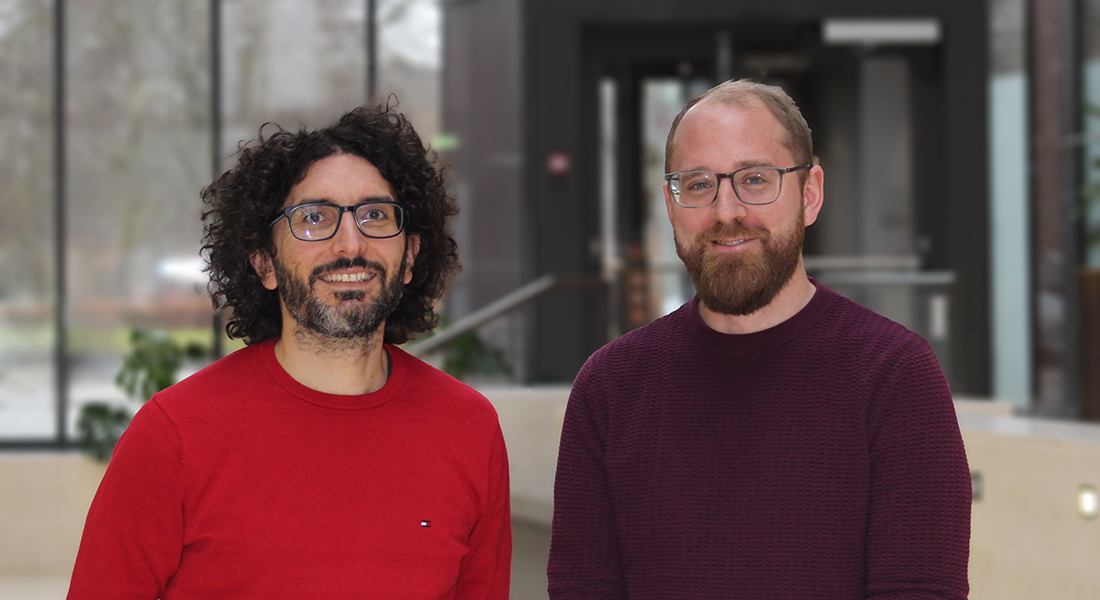New project will investigate fast processes in protein phase transition connected to Parkinson’s disease
Professor Vito Foderà has received 3.4 mill DKK from the Novo Nordisk Foundation for the project “Unraveling the Connection between Protein Phase Separation and Amyloid Morphology by Modular Microfluidics”.

In this project, Vito Foderà will develop a microfluidics-based approach for the evaluation of protein aggregation in relation to
Parkinson’s disease and investigate the protein’s phase transitions, e.g. liquid-liquid phase separation, occurring in a very fast timescale.
Protein accumulation in the brain is key to a better understanding of Parkinson’s and Alzheimer’s
Understanding the phenomena behind the accumulation of proteins in the brain is key to the development of effective treatments of neurodegenerative diseases such as Parkinson’s and Alzheimer’s.
To gain more knowledge on this process, Vito Foderà will specifically examine the protein α-synuclein (aSN), and how perturbing the early phase of the aggregation reaction may prevent the onset of pathological aggregates.
To do this, he will combine modular microfluidics, X-ray scattering and optical spectroscopy. The research team will collaborate with Dr. Ann Terry and Dr. Fatima Herranz and make use of the experimental facilities at MAX IV in Lund.
Postdoc Samuel Lenton developed the microfluidics-based approach in combination to small angle X-ray scattering to investigate phase separation of model proteins.
“The experimental design we developed so far, while working for model globular proteins and antibodies, presents some limitations when complex unfolded proteins such as α-synuclein need to be studied. The possibility to design customized microfluidics environments will hopefully help in overcoming those challenges”, says Samuel Lenton.
Vito Foderá says: “To study α-synuclein phase transition, a temporal control of the reaction is necessary, also in the perspective of drug development for the inhibition of the aggregate accumulation.
The modular approach consists in the combination of different customized microfluidics chips for time-controlled mixing of several components. This will allow us to monitor the capability of specific small molecules to delay/inhibit the fast initial processes, which would otherwise favor the massive aggregation of α-synuclein.
This research will also be complemented by two other recently funded projects focused on neutron scattering and shear forces to study phase separation”
